Educate and Elevate NHSACA Newsletter
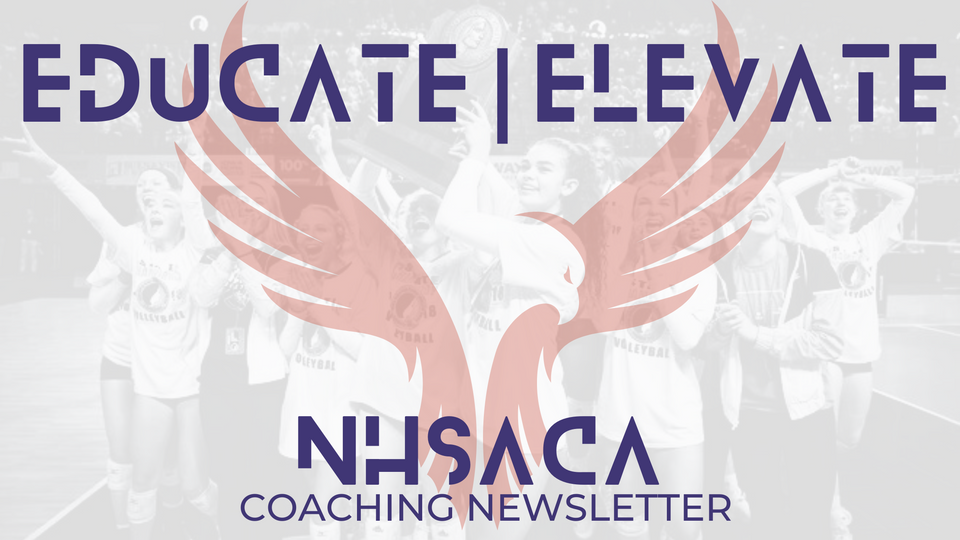
Learn to be Positive Demanding
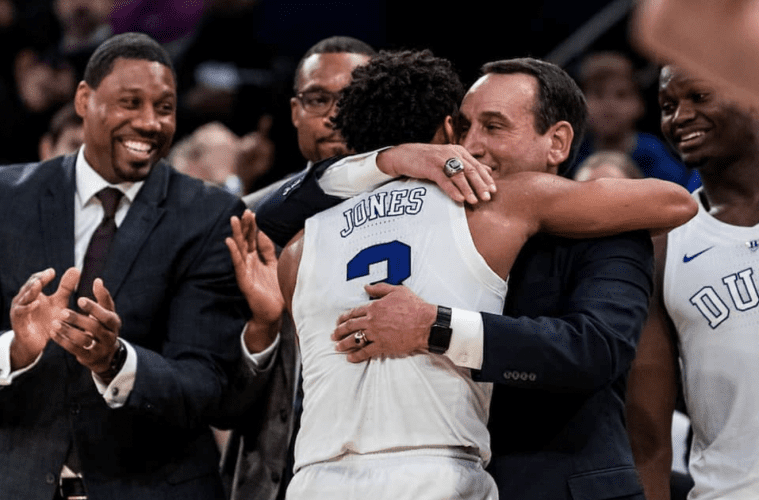
By Bruce Brown/Rob Miller – Proactive Coaching LLC www.proactivecoaching.info
One of the best terms for motivational leadership in athletics is positive demanding. These coaches are relaxed, secure and confident. They have learned to teach and coach and while keeping the delicate balance between fun and discipline. Discipline and fun need each other or they both lose their effectiveness. All fun is an unproductive waste of time and energy and all discipline can become “forced labor”. Think of the best teacher you ever had. My guess that you would describe them as “Tough/Nice”. They demanded your best effort because they cared about you and your progress but they did it in a way that made you want to give them your best.
The key is that they are DEMANDING WITHOUT BEING DEMEANING. They demand from you in direct proportion to how much they care about you. They are not going to settle for anything less than your best and they do so lovingly and respectfully but honestly and directly.
One of the most important lessons when working with kids is to NEVER EMBARRASS A WILLING LEARNER, especially when they are struggling to succeed and willing to fail in public. All kids should be willing to try, fail and try again in your presence without any fear of being humiliated. In fact praise efforts to get better and let them know that failure is one of the most important steps to success.
Whatever gets rewarded, gets repeated. So the question becomes, what do you reward with your attention and words? Does the majority of your attention go to positive behaviors or negative behaviors? Too many coaches spend too much of their energy toward kids who are not behaving correctly at the expense of the majority of athletes who are doing things right. Kids in that environment learn the way you get attention is by being a problem. “Energy goes where your attention flows.”
One of the most important things to recognize and praise are what we call “Athlete Owned Behaviors”. These are behaviors that they have complete control over – effort and attitude. If you identify and praise effort and attitude, you will get effort and attitude at a very high level. If you want great work habits, praise effort.
Fear works as a motivator, but it is not nearly as strong as care and respect. Any adult can frighten kids into compliance for a while. But compliance is watered down commitment and you will never get their full hearted, fearless effort. Fear is effective in the short term but in the long run, it only serves to build resentment and destroy trust.
Demand in direct proportion to how much you love your athletes. Coaching is about saving kids, not throwing them away or giving up on them. It is about not breaking their spirit but instead raising their spirit to a new level by providing clear, healthy team boundaries and then enforcing them with love and respect. In other words…being positive demanding.
For support materials, go to our website - www.proactivecoaching.info
For additional application ideas call 360.502.0424 or email bruce@proactivecoaching.info
To bring a Proactive Coaching speaker to your school or community email rob@proactivecoaching.info
NHSACA Launches Professional Opportunity with Coaches across the Country with Wayne State College
This course is designed to provide students with an understanding of the key principles and practices of effective athletic leadership students will explore various aspects of leadership, including motivation, confidence, accountability, passion, courage, integrity, emotional intelligence, humbleness, vision, discipline, communication, purpose, and love. Through lectures discussions, case studies and experiential learning activities students will develop their leadership skills and ability to inspire and motivate others in the context of an athletic setting.
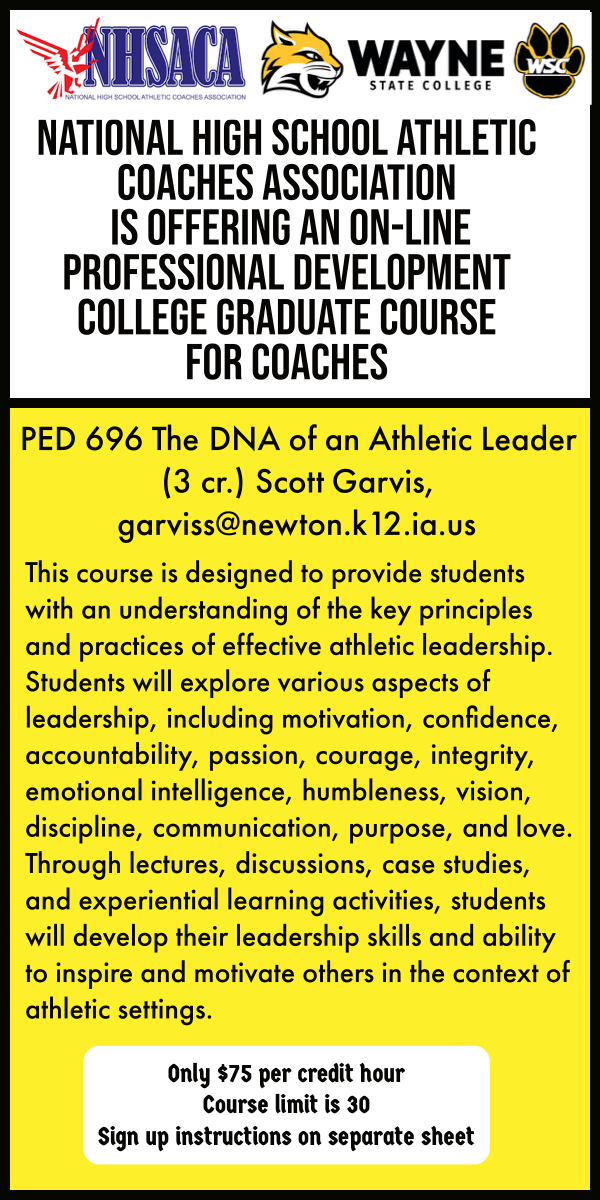
Click on the link below to learn more about the application process today!

BOUND 4 Greatness is a podcast that addresses current issues facing athletic professionals and also offers leadership strategies for coaches and athletic leaders. Scott Garvis, tackles the issues facing education based activities from a unique perspective; sometimes irreverent, sometimes cynical, and sometimes serious. Scott cover current topics while also providing leadership lessons from his career as coach and athletic administrator.
Chase Madison University of Iowa Assistant Strength Coach
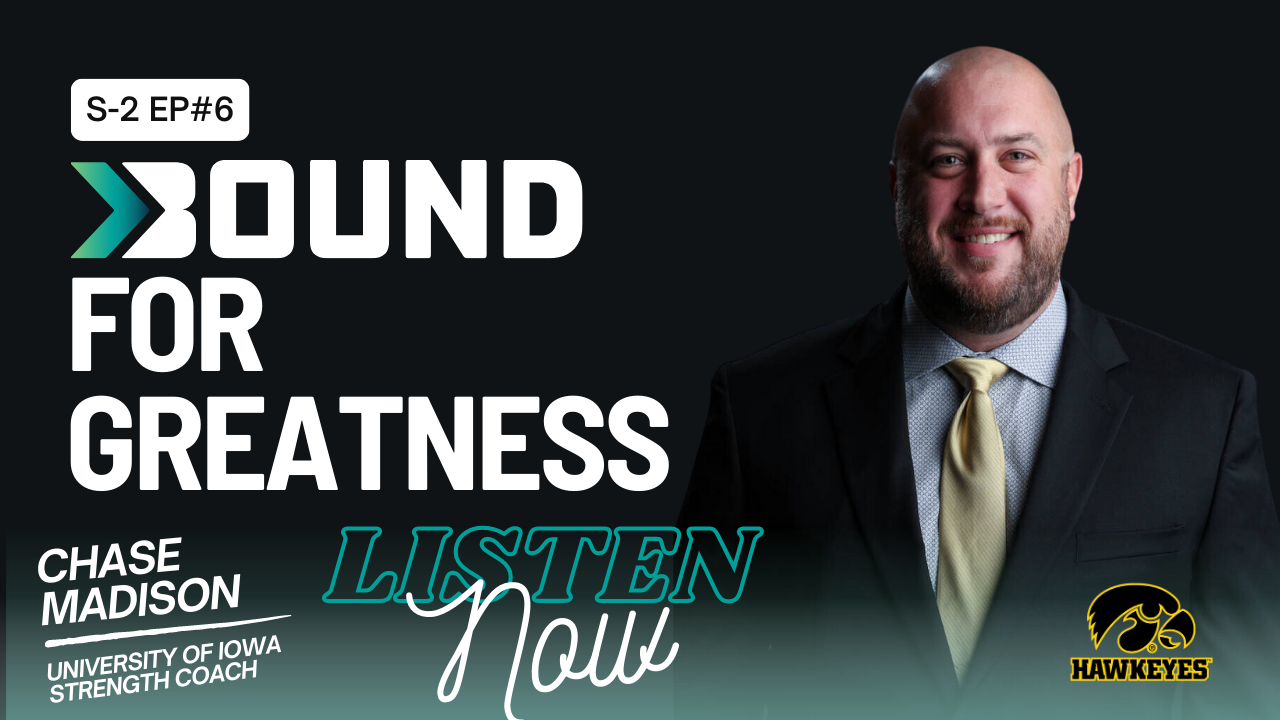
In this episode we have the privilege of sitting down with a true titan in the world of track and field. Our guest is no stranger to greatness. But his journey doesn't end there. Today, he shares his expertise from a unique perspective as an Assistant Strength Coach at the University of Iowa & former Collegiate Athlete & SEC Champion. Get ready to be inspired as we delve into the world of strength training, shot & discus mastery, and leadership strategies with the exceptional Chase Madison.
"All kids need is a little help, a little hope, and somebody who believes in them!"
Magic Johnson
Ongoing Conversations, a Different Idea for Coach Evaluations
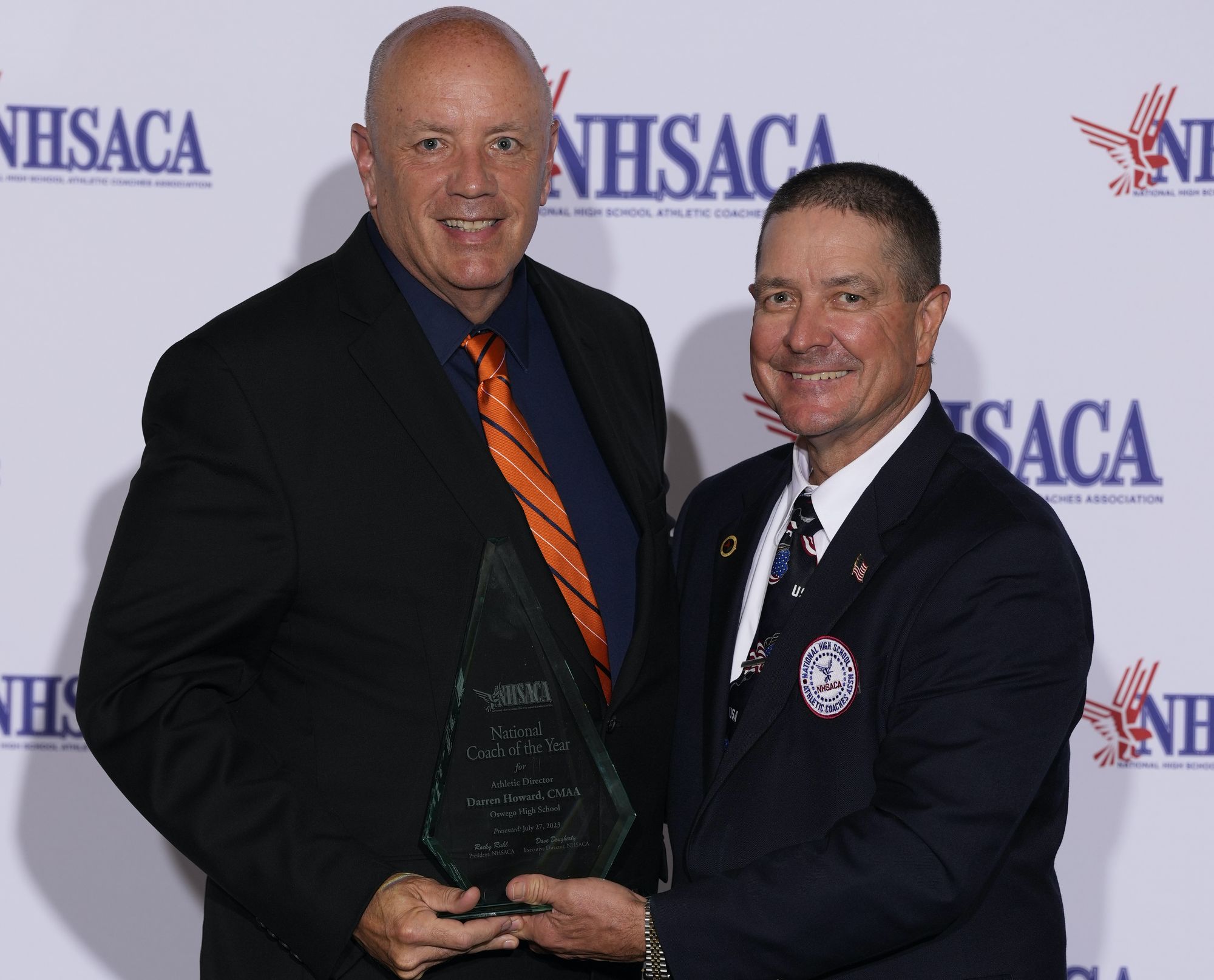
Whether you have a coaching staff of 15 or 140, coaching evaluations are something that every athletic director has on their plate. Through the years there have been a number of variations and ideas of how to do them, but in general it has been variations of “check the boxes” on an evaluation form that rates coaches based on either a number system or a letter system. Possibly some spaces to list a few strengths and weaknesses; maybe write a short paragraph with some basic notes. Then meet with the coach after the season for a few minutes, have both parties sign the form and the athletic director sticks the “completed evaluation” in a drawer, most likely never to be looked at again, and then plan to do the same thing next year.
I would think this sounds very familiar for a large percentage of you. Now, take a moment to ask yourself a few questions. If it was a poor evaluation, is there anything that came from it that was positive or geared towards improving, or did the coach leave with a bad experience and poor attitude? Did we, as the evaluator, do what we could to be a mentor? To offer help? To make a difference? Or did we just check boxes and cross another evaluation off of the list of evaluations we HAVE to do? Are we developing our coaching staff, or just “evaluating” them?
Let me begin by saying that through my twenty-four years as an athletic director that I have also used the antiquated model I just described. I have tried differing variations of it as I continued to search for a tool that offered more than just a surface level approach to helping coaches get better. I struggled with it because it just was not accomplishing what I felt it should in our world of education-based athletics. We profess that high school athletics are an extension of the classroom, but then we struggle to help our coaches to develop their skills with a system that just has outlived its use. We are in a position to mentor and grow our coaching staff every day, but the tools we have been using just do not aid us in doing so.
All of us have faced some incredible challenges dealing with the global pandemic and what it did to our professional and personal worlds. We dealt with, and learned things, that we could have never imagined we would ever face in our careers. The last three years have changed the world, and so what have we learned? Are we the same as before? Are the coaches? Are the students? I think we would all agree that we are not the same, and so why would we choose to go back to “business as usual”? Out of challenge and strife comes opportunity.
Over the past three years, I have switched to an “Ongoing Conversation” model in my evaluation process. I have done away with the checklists and the end of the season evaluation model and replaced it with a living, breathing, conversation based model that carries on throughout the year with several meetings and candid conversations. These allow for discussion, mentoring, trading of ideas and growth. I have seen firsthand the improved buy-in by the coaching staff, as well as improving what I am able to do with and for them as their athletic director.
Please note that I use the word candid with intention. Often times you may have had a coach ask if they can be “honest” with you. Well, what have they been with you to that point? People are afraid to be honest as they are concerned with hurting feelings, have fear of repercussions, and are nervous about being perceived as a bad person or a snitch. Candor is a way to communicate without the emotion tied to the word honest. Being candid is being to the point in a professional and non-personal manner. The goal is to give candid feedback on both sides of the arrangement with a goal of growing and developing without being tripped up by hurt feelings and emotional baggage.
Building a culture of continuous candid feedback is a shift in the way evaluations and reviews can be done. We have learned the importance of connections and communication coming out of the pandemic. We need to do a better job of helping our people improve, grow, and develop. It is our job to support them to our mutual benefit! Please be aware that moving to this model also means that you have to be ready to accept the candid feedback that you will receive about your leadership and your own skills. You cannot give candid feedback without being ready to receive and accept candid feedback yourself.
What I have found to be some of the benefits of this system are:
Goals – Track progress, identify obstacles, ensures candid conversations and next-steps.
Empowerment – Allows for both sides to influence and project direction, allows engagement in the process instead of just waiting for our approval.
Course Correction – See progress on projects or goals. Identify obstacles and allow for quick course correction. Keep all working towards productive roles and allows us to identify and quickly develop those who are struggling.
Engagement – Build stronger relationships between coaches and the athletic director.
Value Investment- Demonstrates the value your office places in the coach. Feedback and conversation amount to more than a check in a box. You are investing in your people.
You might be asking what this looks like in actual practice. I use a shared Google sheet for each individual coach so that both of us can add to it, as well as see what the other has added. There should be no editing of the other persons information. The meetings can cover many topics, but mostly performance and development. It provides an opportunity for both sides to collect data and information with a more formal format than an unstructured conversation, but without the ratings and forced pressure of the older, formal evaluations.
In the performance conversations focus on goals and projects. Acknowledge success and offer course correction and development for issues that have arisen or for missing growth that we are seeking. Let the coach help to guide the conversation and mutually revise the goals as needed. In development conversations, focus on the needs, skill gaps, and career goals. Look at and discuss pertinent trainings, clinics, professional development and how to help them achieve their career goals. When first starting, a coach may struggle to share their thoughts, so some simple prompts that I use to stimulate the conversation are Program Goals, Program Challenges, Staff Assessment, Current Meeting Notes (Climate & Culture), and Course Corrections. I find that once you begin with some of these prompts that the conversation moves forward very quickly.
I would ask you to reflect for a moment and ask yourself if you are the athletic director for ALL coaches or just the HEAD coaches? In your current system, how often do you watch the assistant coaches’ work in practice or in games? Are you developing those assistant coaches into future head coaches via your own help and mentoring of them, as well as being sure your head coaches are also mentoring them?
A key is to be consistent and intentional in meeting with all coaches, not just the head coaches. How do you do this? It takes a good amount of organization and planning, but it absolutely has to take priority over other more mundane tasks that we do daily that can wait until later. I offer a meeting to every assistant coach in my program. I do not force it on them, but I let them know that I am offering the meeting because their view, opinion, and ideas are important to me. Well over 90 percent of my assistant coaches take advantage of meeting. The meeting is a candid conversation that I let them lead with their comments and thoughts. At first, many may be nervous about meeting, but making them feel comfortable and valued is a very easy thing to do and they will quickly open up and share with you. Not all of these meetings have to be face to face. All of us have developed our online skills and have become well versed in online meeting platforms. It is very easy to set up a meeting online with your coaches if that works better for all involved and fits better into daily schedules.
Head coach meetings are mandatory. I do not have a set time limit on them, as it is important that a meeting move forward until its natural conclusion. This may take 5 minutes, or it may take 65 minutes. Let the conversation flow naturally, let it end when you have accomplished the purpose of that particular conversation. These meetings take place throughout the pre-season, in-season and post-season. Unless there is something that just has to have your attention, never turn away a coach when they ask to speak to you. Losing trust or making them feel like they are not important is something that will be very difficult to recover from.
What is the end game in this process? I believe to a degree that you have to answer that question based on your own program’s needs, as well as within your departments’ philosophy and goal. For me, it is to take chances on both quality and potential. I wish to hire and work with people on what they CAN be in the future, not just on what they are today. I want head coaches that are smarter than I am and want my job. I want assistant coaches that want the head coach position. I will always take a chance on BETTER, even if it is a threat to me, because that is how we make our entire athletic program stronger!
If you feel that this is something that can help you, feel free to reach out with any questions. I can be reached at dhoward@sd308.org

Welcome To Your High School Sports Headquarters
Software that brings your community together around your high school sports program.
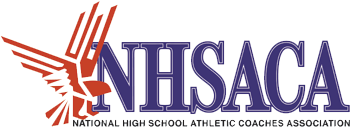
Member discussion